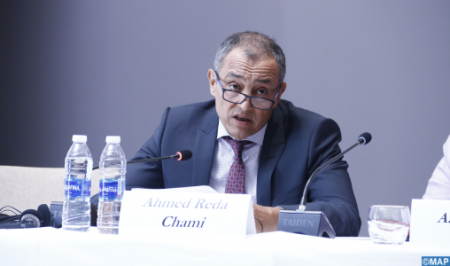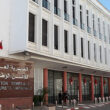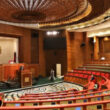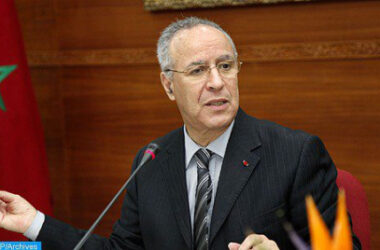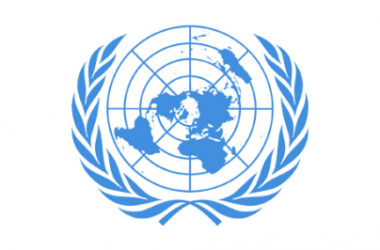In his speech at the opening of the 7th edition of the International Parliamentary Forum on Social Justice organized by the House of Councillors under the High Patronage of HM King Mohammed VI, he stressed that the EESC considers that the preservation and transfer of skills must be placed at the heart of all policies and strategies of human capital management, indicating that the Council proposes a range of strategic guidelines and practical measures.
He cited establishing an integrated system of skills development and lifelong learning, modernizing human resource management in all professional areas (public and private) based on evaluation, motivation, merit and support, in addition to the objective performance assessment, working conditions to the standards of national legislation and international conventions, a map of skills transferable to future generations or the safeguarding of trades threatened with extinction.
These orientations and measures are complemented by extending the scope of the validation system of professional experience to include skills and abilities acquired both personally and professionally outside formal training programs, the adoption of social labels awarded to companies concerned with proper working conditions and developing human resources as well as opening, at the initiative of the public authorities concerned, a dialogue with all the socio-economic partners on the best ways to enable the country to keep pace with the constant changes in the world of work and also to consolidate its resilience.





